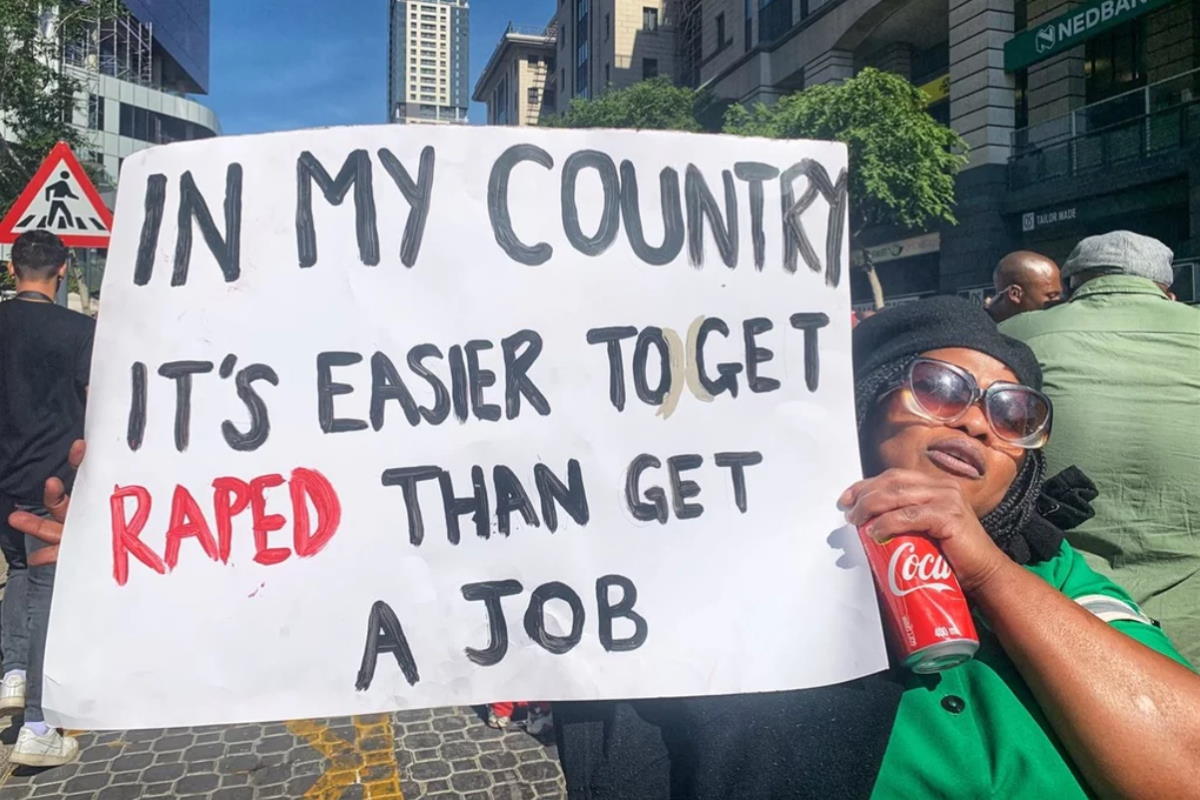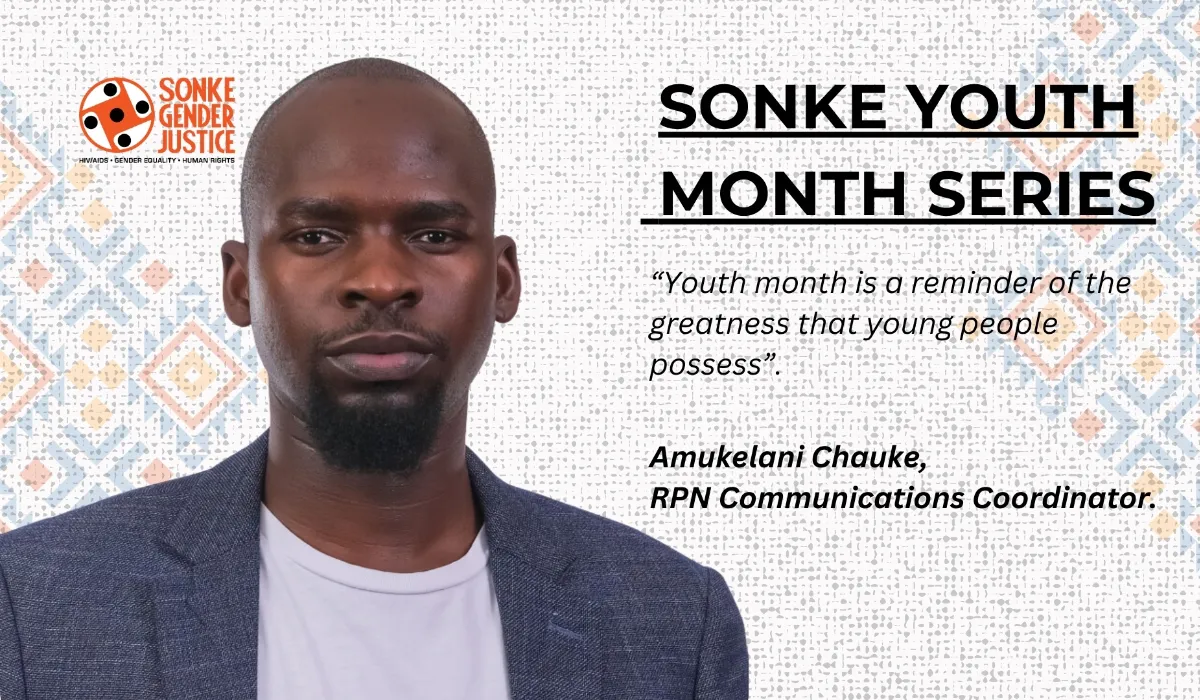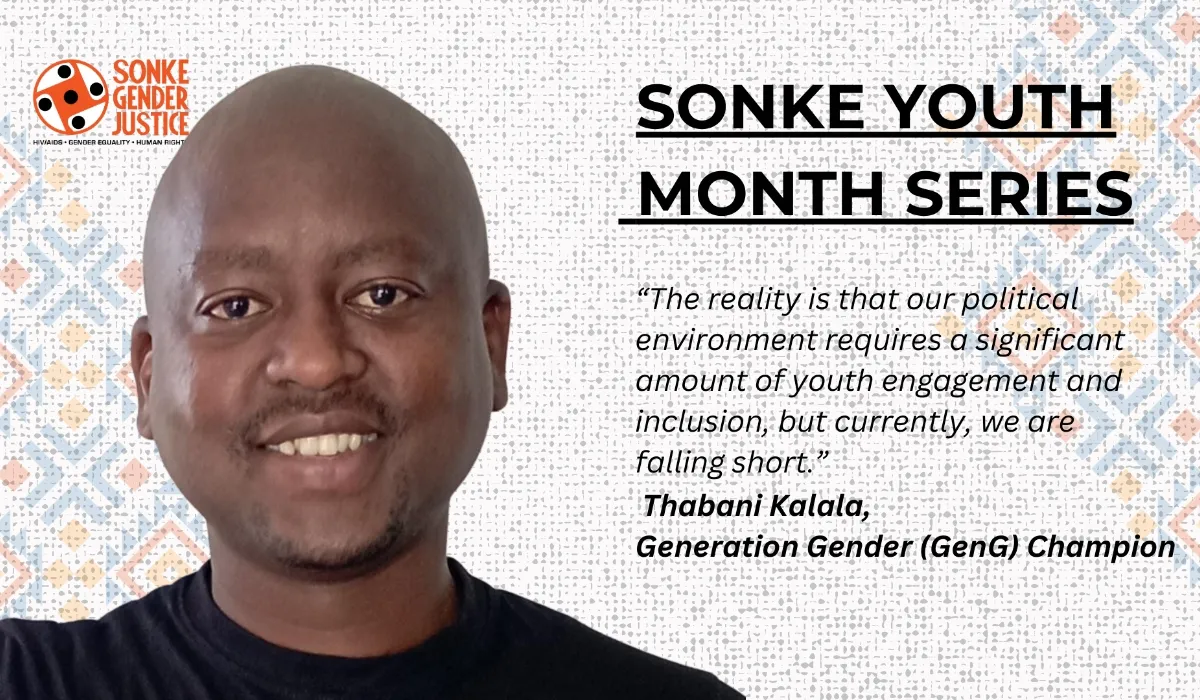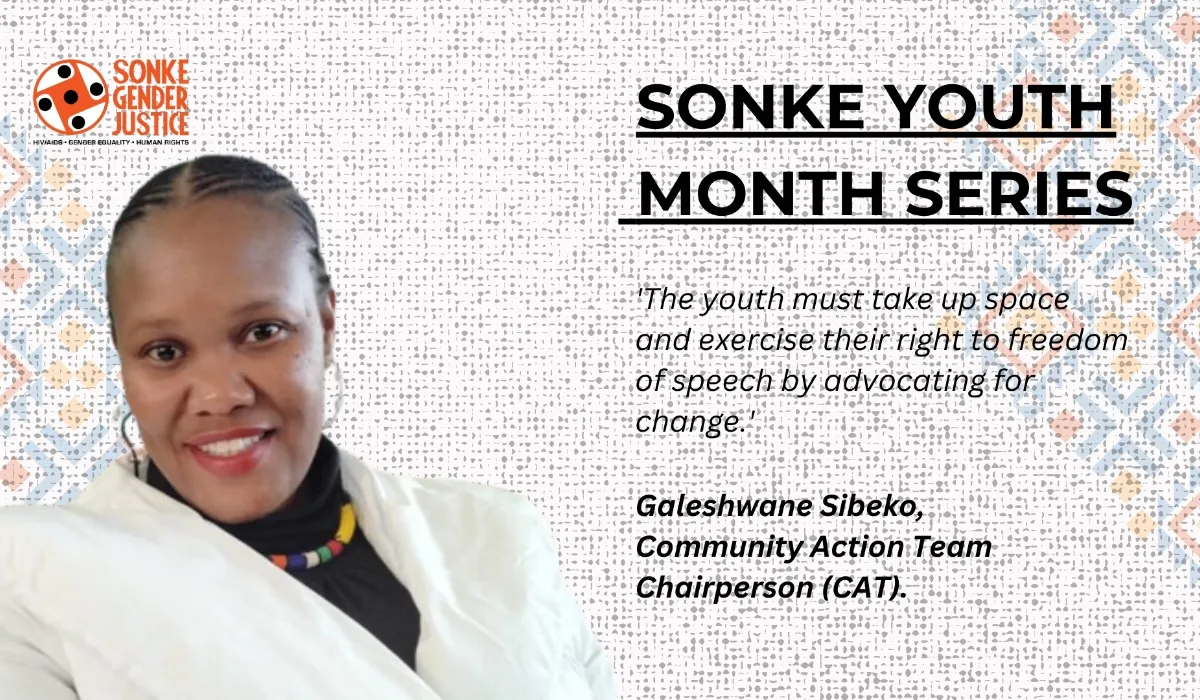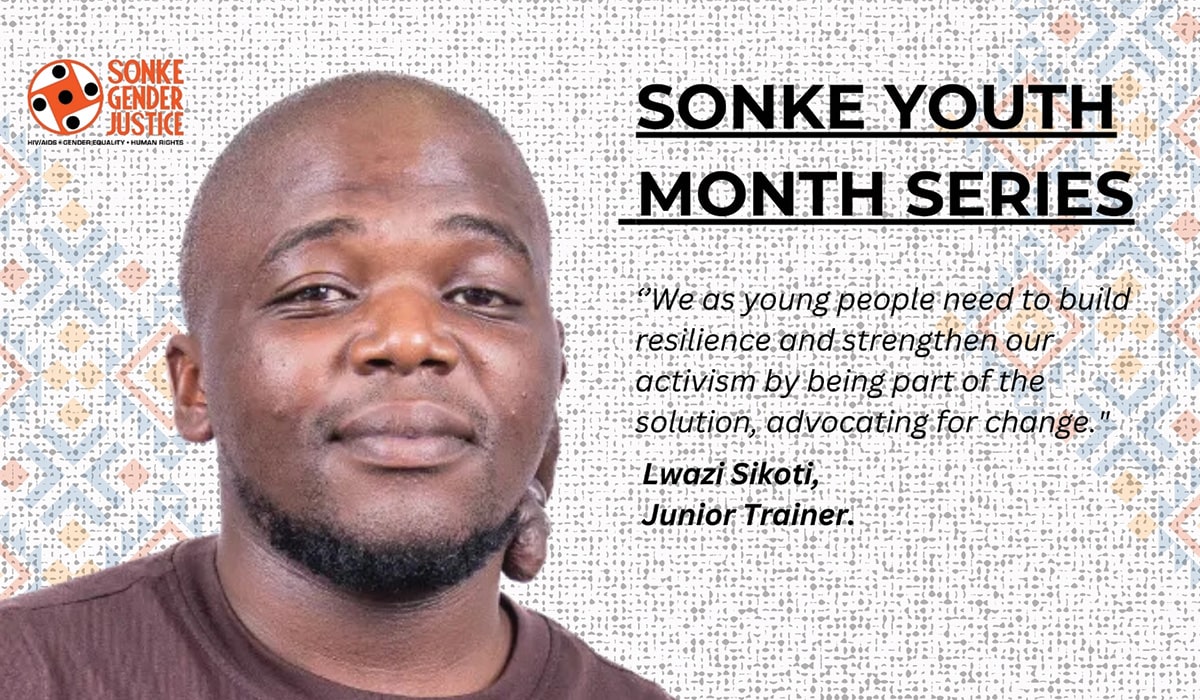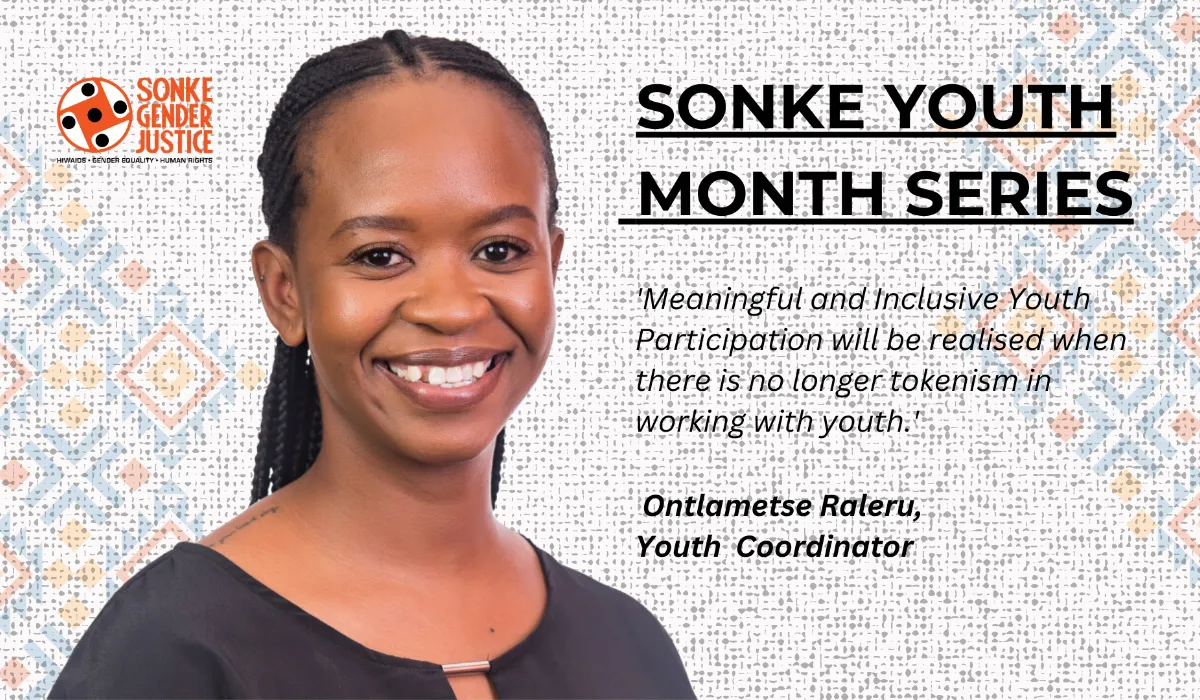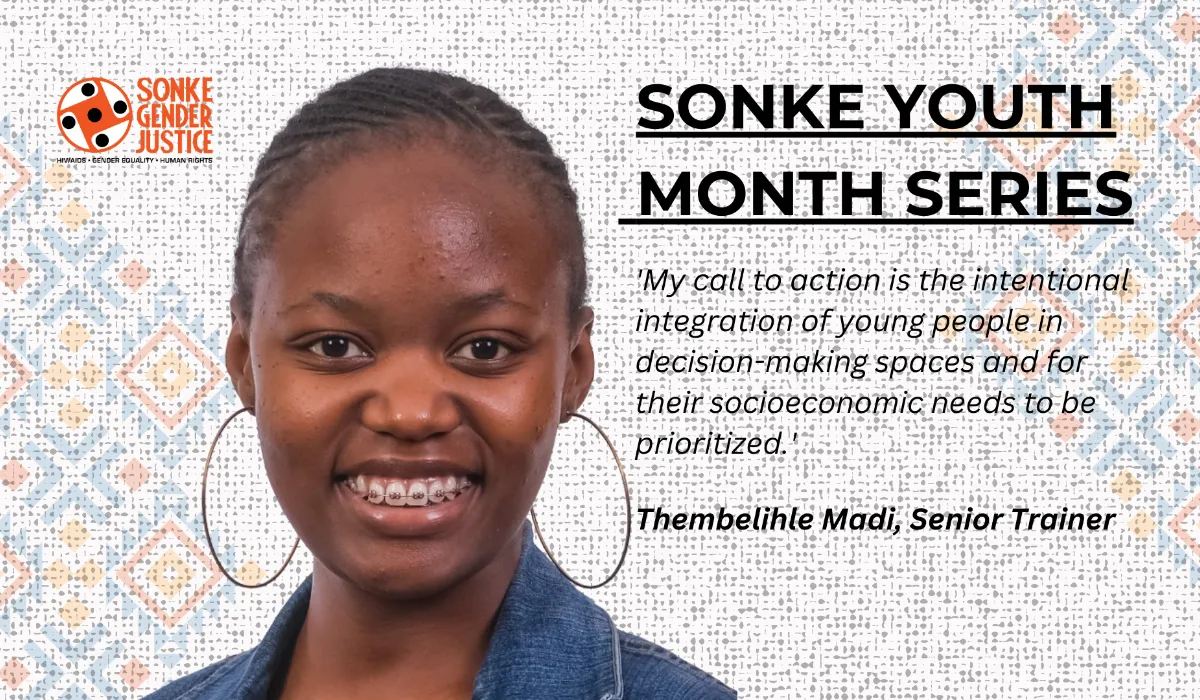In the town of Tsomo in the Eastern Cape, a young girl and her family leave the magistrates’ court after yet another postponement.
It’s the case of an alleged rape of a minor, who was 13 at the time, by her school principal.
The case, which started in July 2016, has been delayed so many times. The trial is now set to resume on December 5.
Justice delayed is surely justice denied.
From April last year to March this year, 52 420 sexual offences were reported, of which 41 853 were rape cases.
That represents an increase of 4.6% from the previous year.
As horrific as these statistics are, it is important to point out that only one in nine rape cases are actually reported to the SA Police Service.
This is due to secondary victimisation and the structural realities of patriarchy in our society which silence survivors.
The Constitutional Court has acknowledged these structural realities, stating: “The systemic exploitation of women and children depends on secrecy, fear and shame. Too often, survivors are stifled by fear of their abusers and the possible responses from their communities if they disclose that they had been sexually assaulted … They [survivors] are threatened into silence.”
The scourge of gender-based violence has reached epidemic levels and constitutes a national crisis.
Last month, President Cyril Ramaphosa proposed several emergency measures to address the crisis.
The second pillar of this plan is to strengthen the criminal justice system.
This involves the establishment of an additional 11 dedicated sexual offences courts.
While we welcome these endeavours, we wish to draw the president’s attention to one glaring omission from these emergency measures: the finalisation of the draft regulations into sexual offences courts.
While more sexual offences courts are required, we need to first ensure that the existing courts function effectively.
Gender-based violence is fueled by impunity because perpetrators are seldom held accountable.
This is primarily because of a trust deficit between survivors and the criminal justice system.
Survivors feel reluctant to come forward because they encounter a dehumanising and callous criminal justice system that renders them more traumatised and left without justice.
The draft regulations set out minimum standards for sexual offences courts to enable quality service delivery that treats survivors with the respect and dignity they deserve. Important aspects of these regulations include:
- Establishing child-friendly facilities;
- Ensuring that there is a social worker at every court;
- Enabling a court preparation programme for survivors to be guided through the justice system;
- Ensuring that every sexual offences court has personnel who can provide “trauma containment, trauma debriefing and trauma counselling to complainants and witnesses”; and
- Ensuring that judges and magistrates who are appointed to sexual offences courts have sufficient experience to deal with such cases in a sensitive and appropriate manner.
Sonke Gender Justice, which has a footprint across the country, currently monitors several gender-based violence cases, many of which experience chronic delays and constant postponements.
These delays cause great anguish and suffering for survivors, their families and the community at large.
These chronic delays are inconsistent with the Constitution’s objectives to establish a “non-sexist” society based on “human dignity, equality and freedom”.
They make a mockery of the constitutional right of women and girls to freedom from violence – from both public and private sources.
One case in point is the Butterworth Magistrates’ Court which houses a fully equipped sexual offences court with all the specialised facilities.
While the court currently serves as a hybrid, incidents of sexual violence in the community are so prevalent that the court could be dedicated to hearing cases of this nature.
Sadly, this court sees several unnecessary postponements largely because of the unavailability of magistrates as they travel to various courts in the Eastern Cape based on a rotation roster.
It should be noted that the Eastern Cape had the third highest number of reported rape cases in the 2018/2019 financial year, behind Gauteng and KwaZulu-Natal.
Having a dedicated magistrate to oversee sexual offences in Butterworth would expedite court proceedings and bring much-needed healing and justice to survivors and affected community members.
The Butterworth court has been identified as being ideal to service many of the surrounding towns.
The chronic delays and postponements result in secondary trauma for survivors and their families. This also makes survivors reluctant to press charges.
It is only by creating an effective and responsive criminal justice system that survivors can be encouraged to come forward.
This will also bring an end to the culture of “secrecy, shame and fear” which the Constitutional Court so aptly described.
We therefore call on the president, Justice Minister Ronald Lamola and the Office of Chief Justice Mogoeng Mogoeng to urgently finalise the draft regulations on sexual offences courts.
This should form part of the emergency measures to address the scourge of gender-based violence in our society.

